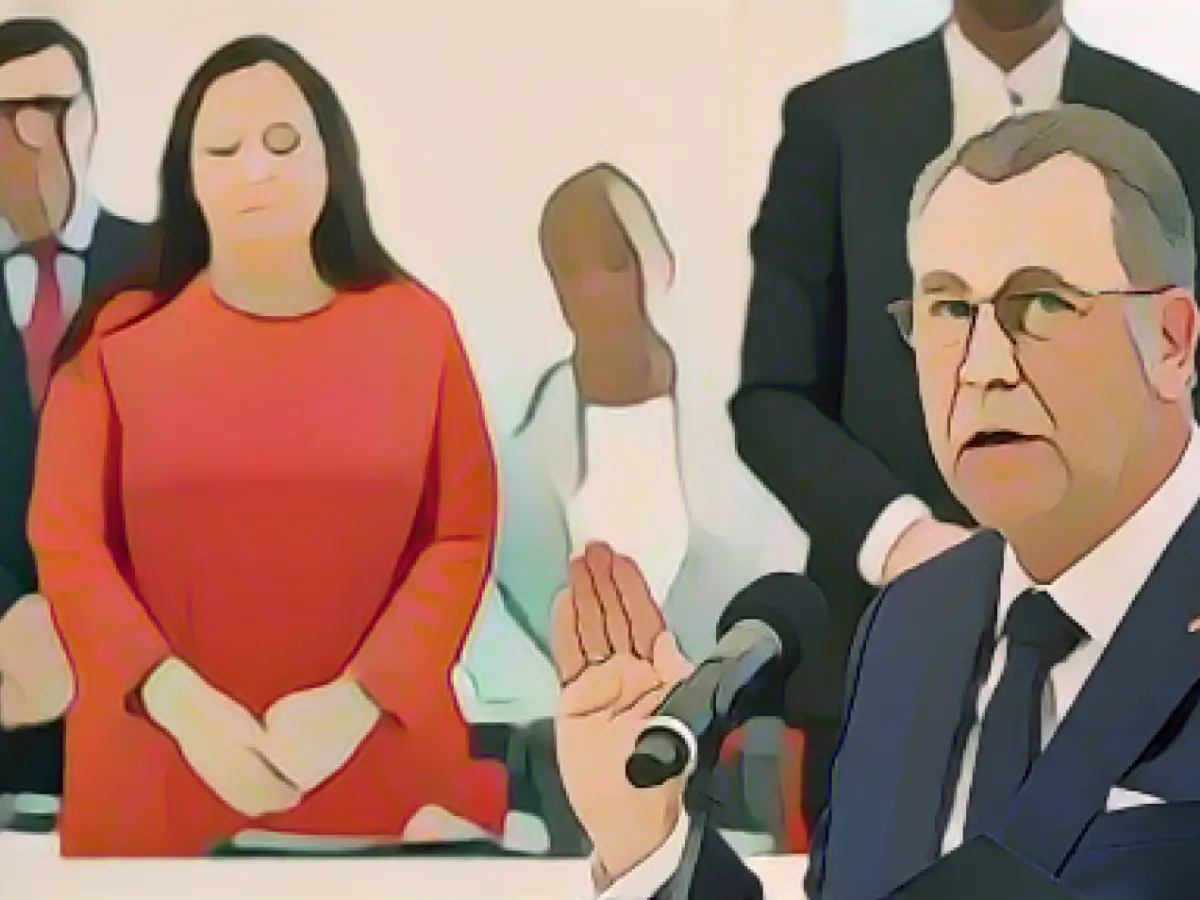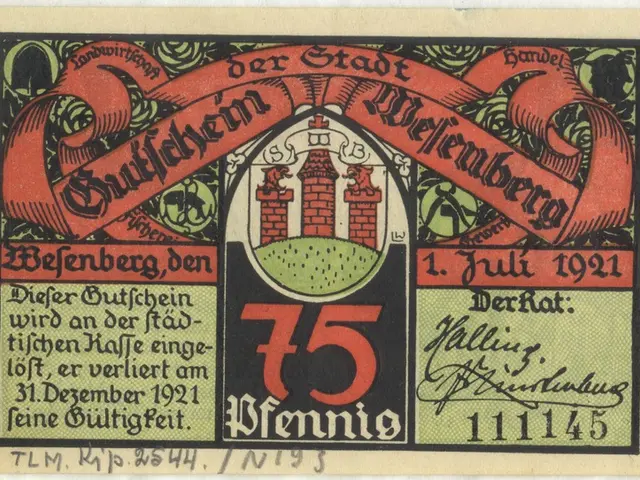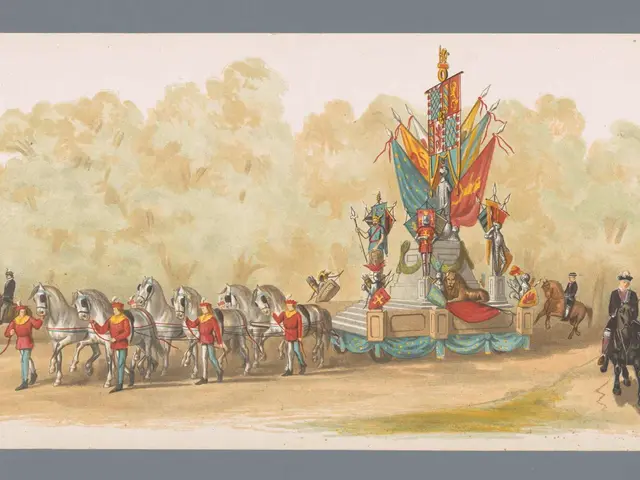Minister of Transport Genilke Urges Federal Government to Support DeutschTicket Beyond 2025
Brandenburg's Minister of Transport, Rainer Genilke (CDU), has expressed his concerns about the federal government's plan to withdraw support for the DeutschTicket after 2025. Genilke believes that the ticket, which is currently enjoyed by millions of German commuters under a cost of 49 euros per month, needs long-term funding to remain viable.
"I find it astonishing that the federal government is considering withdrawing from co-financing the DeutschTicket from 2025," Genilke told Deutsche Presse-Agentur. He went on to add, "We all know that the DeutschTicket can't be funded with 3 billion euros in the future—the federal states have already shown their willingness to continue providing half the funding. The federal government should honor this commitment and take over the other half."
The DeutschlandTicket has been a significant boon for transportation networks in Brandenburg and other federated states. With the federal and state governments contributing 1.5 billion euros annually, the ticket has helped stimulate economic growth and promote environmental sustainability.
Chancellor Olaf Scholz (SPD) and the heads of the federal states had reached an agreement that the DeutschlandTicket for buses and trains in local and regional transport would continue to exist. However, the future of the ticket remains uncertain, with discussions revolving around whether it will remain at €49 per month or become more expensive.
Federal Transport Minister Volker Wissing (FDP) suggested that the responsibility to keep the DeutschlandTicket affordable lies with the federal states, proposing that they should focus on improving trade structures and advertising efforts to attract new subscribers and keep prices low.
Genilke, who assumed office on November 22 following the resignation of Guido Beermann to pursue other professional challenges, stressed the need to secure funding for the DeutschlandTicket beyond 2025 to maintain the rail system's viability in Brandenburg and other federated states.
To safeguard continued federal government funding for the DeutschlandTicket, several actions can be implemented:
- Legislation Amendments: The federal government should pass legislation that ensures its long-term financial backing for the ticket.
- Binding Financial Commitments: The government should commit to providing at least half of the funding for the DeutschlandTicket, as advocated by Saxony's Transport Minister Regina Kraushaar.
- Long-term Funding Solution: The SPD and the Greens have supported the need for a long-term funding solution. North Rhine-Westphalia's Transport Minister Oliver Krischer emphasized that the new federal government play a role in ensuring the ticket's sustainability with a 50% federal contribution.
- Affordable Pricing: Implementing a fiscally responsible pricing strategy that considers general inflation but maintains affordability is crucial.
- Cooperation between States and the Federal Government: Encouraging cooperation between the federal government and federated states is essential to achieving a consensus on the ticket's future.
- Economic Benefits: Highlighting the economic benefits of the DeutschlandTicket, including stimulating regional spending, supporting local businesses, and promoting sustainable travel, may help build a strong case for its continuation.
By addressing these concerns, the federal government can work toward securing a financially stable future for the DeutschlandTicket, ensuring that it remains affordable for German commuters and continues to contribute to economic growth and environmental sustainability throughout the federated states.








